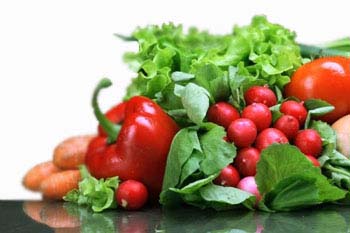
- Eat high-folate foods: A study by the University of Maryland showed that female patients infected with HPV had very low levels of folate and therefore were at higher risk of getting cervical dysplasia. Asparagus, strawberries, oranges and cantaloupe are all good sources of folate.
- Consume foods rich in beta-carotene: Studies have shown that high beta-carotene levels reduce the risk of acquiring HPV infections by up to half. Foods high in beta-carotene include carrots, broccoli, pumpkin and tomatoes.
- Foods high in antioxidants such as blueberries, cherries and green tea are known to prevent spread of Warts to various parts of the body. Add antioxidants to your diet.















